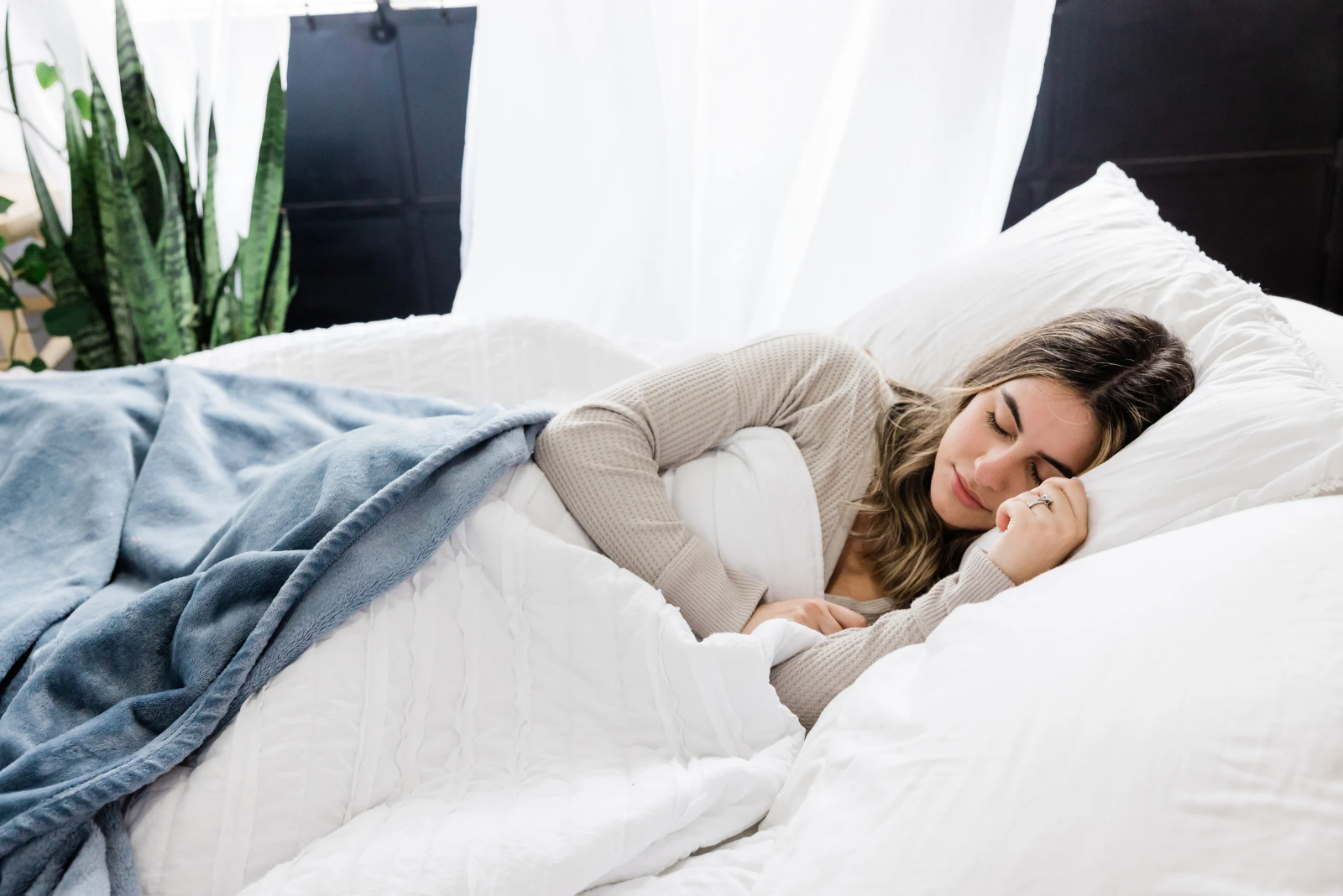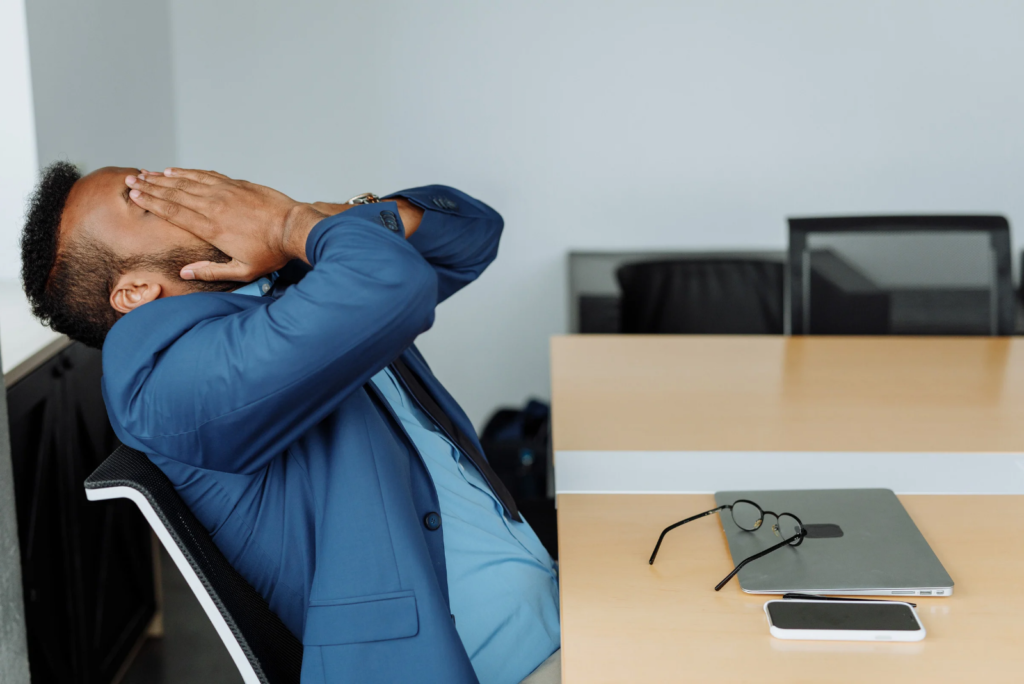Are you tired of feeling tired? Do you struggle to get a good night’s sleep, leaving you groggy and unproductive the next day? You’re not alone. Millions of people around the world suffer from sleep deprivation, which can have serious consequences for our physical and mental health.
The good news is that there are many simple and effective ways to improve the quality of your sleep. In this article, we’ll explore seven science-backed tips for better rest, so you can wake up feeling refreshed, revitalized, and ready to take on the day.
Tip #1: Stick to a Consistent Sleep Schedule
Going to bed and waking up at the same time every day, including weekends, is crucial for regulating your body’s internal clock. This helps to establish a consistent sleep-wake cycle, which can improve the quality of your sleep and reduce the risk of sleep disorders.
A study published in the journal Sleep found that adults who went to bed and woke up at the same time every day had better sleep quality and fewer sleep problems than those who had irregular sleep schedules.
Tip #2: Create a Sleep-Conducive Environment
Your bedroom should be a sleep sanctuary – a quiet, dark, and cool space that promotes relaxation and sleep. Consider investing in blackout curtains, earplugs, or a white noise machine to create an environment that is conducive to sleep.
A study published in the journal Sleep Health found that a dark, quiet sleep environment was associated with better sleep quality and reduced symptoms of insomnia.
Tip #3: Avoid Screens Before Bedtime
The blue light emitted by smartphones, tablets, and computers can suppress the production of melatonin, the hormone that regulates sleep. Try to avoid screens for at least an hour before bedtime or use blue light filtering glasses or apps.
A study published in the journal Proceedings of the National Academy of Sciences found that exposure to blue light in the evening suppressed melatonin production and disrupted sleep patterns.
Tip #4: Try Progressive Muscle Relaxation
Progressive muscle relaxation (PMR) is a technique that involves tensing and relaxing different muscle groups to promote relaxation and reduce stress. This can be especially helpful for people who struggle with anxiety or insomnia.
A study published in the journal Sleep and Biological Rhythms found that PMR improved sleep quality and reduced symptoms of insomnia in adults with chronic sleep problems.
Tip #5: Get Regular Exercise, But Not Before Bedtime
Regular exercise is essential for physical and mental health, but it can actually interfere with sleep if done too close to bedtime. Try to finish your workout a few hours before bedtime to allow your body time to wind down.
A study published in the journal Sleep found that exercise performed in the morning or early afternoon improved sleep quality, while exercise performed in the evening had a negative impact on sleep.
Tip #6: Avoid Caffeine and Heavy Meals Before Bedtime
Caffeine and heavy meals can both disrupt sleep patterns and reduce the quality of your sleep. Try to avoid consuming caffeine for at least four to six hours before bedtime and finish eating at least two to three hours before bedtime.
A study published in the journal Sleep found that consuming caffeine in the afternoon or evening disrupted sleep patterns and reduced sleep quality.
Tip #7: Practice Mindfulness Meditation
Mindfulness meditation involves focusing your attention on the present moment and letting go of worries about the past or future. This can help to calm your mind and body, making it easier to fall asleep and stay asleep.
A study published in the journal JAMA Internal Medicine found that mindfulness meditation improved sleep quality and reduced symptoms of insomnia in adults with chronic sleep problems.
Conclusion
Getting a good night’s sleep is essential for physical and mental health, but it can be elusive for many of us. By incorporating these seven science-backed tips into your daily routine, you can improve the quality of your sleep and wake up feeling refreshed, revitalized, and ready to take on the day. Remember, it’s time to unlock the power of sleep and start living the life you deserve.




